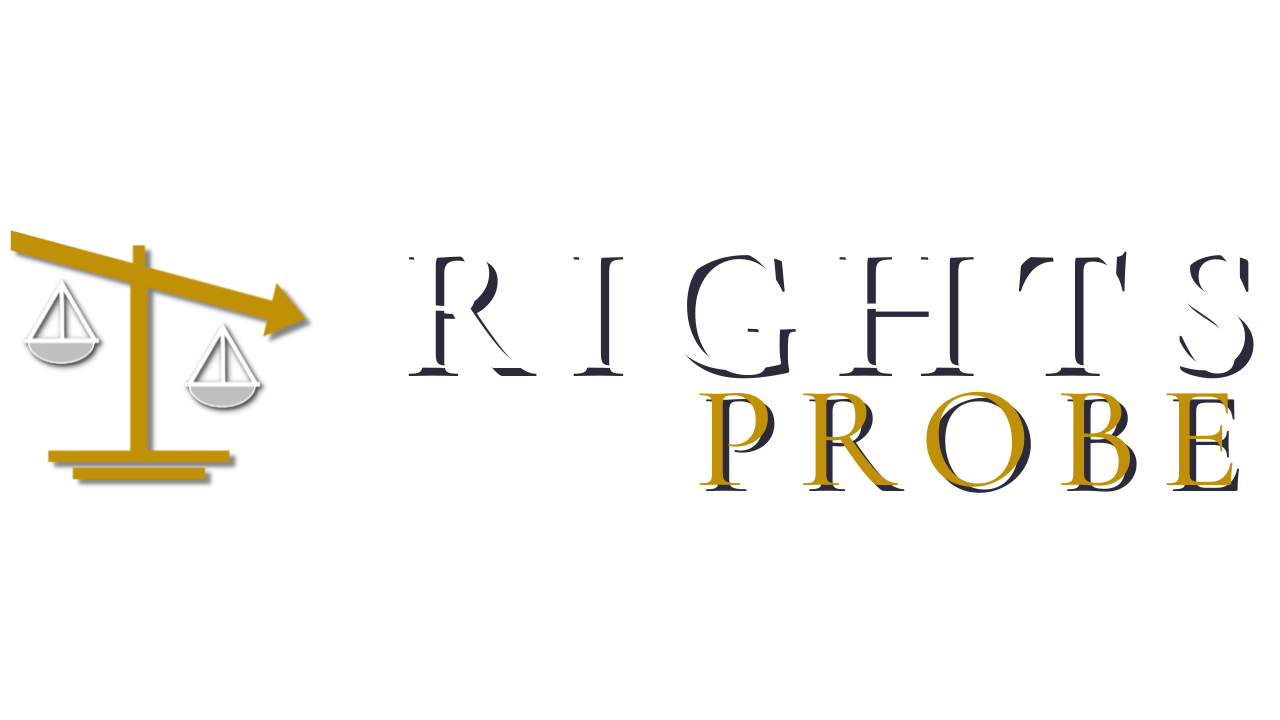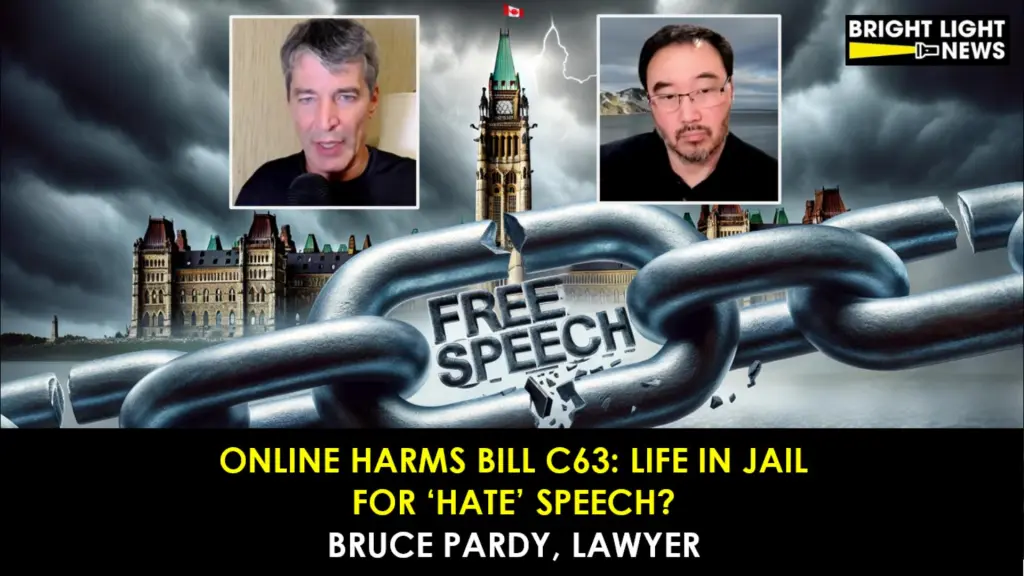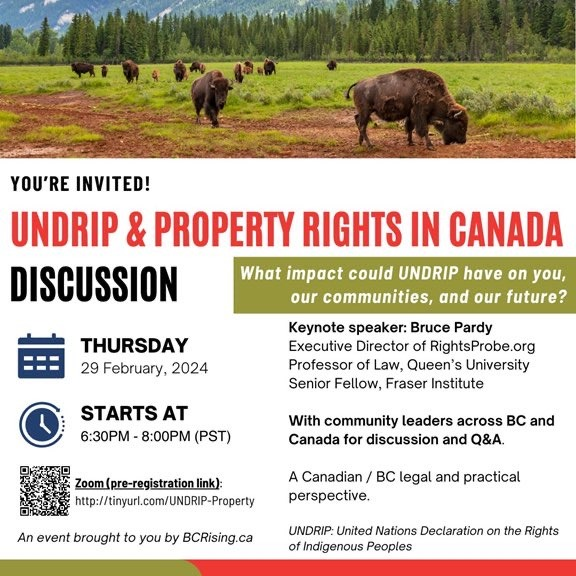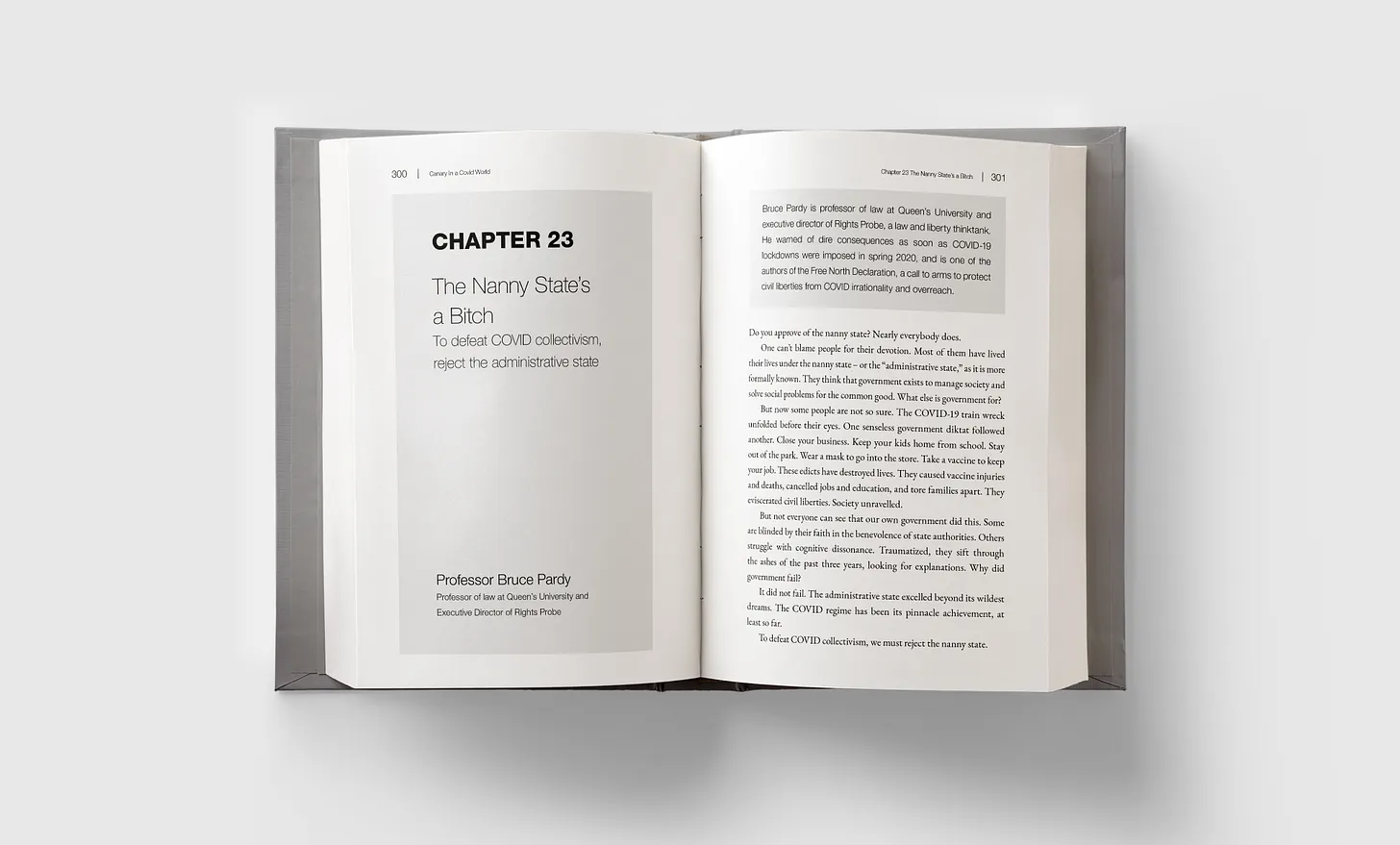WATCH & LISTEN - ARCHIVES
Reality Check Radio: New Zealand journalist and film-maker Alistair Harding [director of ‘We Came Here for Freedom’ – a two-part film about the 2022 Wellington parliament occupation protest] compares notes with legal mind Professor Bruce Pardy on the pandemic experiences of New Zealand and Canada. Alistair Harding recalls instances in which the New Zealand government was found to be breaking the law and was able to “simply change” the law “overnight” to serve its agenda (in this example, misusing emergency use authorization laws for New Zealand’s vaccine rollout). He also talks of the loss of “faith” in the country’s legal and legislation systems as a result. Sound familiar? Is there a silver lining to confronting the premises on which our countries are now governed (based on authority rather than evidence)? Prof. Pardy claims a bitter victory for clarity. More people, he says, now see the erosion of freedoms in our societies that COVID-19 unmasked. The era has, at least, produced a vision of what freedom and a free society is or should be.
Bright Light News: Professor Bruce Pardy and host Glen Jung discuss the chill on free speech posed by the Online Harms Act (Bill C-63), its potential to further erode the freedoms of Canadians, and the possibility of life imprisonment if an offense is deemed motivated by hate. It is unclear, however, what the threshold is for crossing the line between speech someone may find offensive and “wandering into hatred,” notes Prof. Pardy. “The government,” he says, “has reserved for themselves the discretion to [determine] the rules and regulations as they go along.” Also on the table for discussion is the WHO pandemic treaty, which Prof. Pardy cautions should not be confused with ceding sovereignty to the World Health Organization. The issue, he says, is that our leaders will “hide behind” WHO recommendations to pursue their own agenda (such as climate change lockdowns or mandatory vaccination for travel).
Dangerous Speech: Host Obaid Omer and guest Professor Bruce Pardy dig into government overreach. Prof. Pardy describes the root of the issue as the mandate itself. People object to the problem of overreach without recognizing that the government has been given the mandate to supervise us, he says. Did cohorts, in particular Gen X, who came of age during a time of high institutional trust, take their hands off the wheel and miss the institutional shifts that have led to rampant government overreach in education, health, and almost every aspect of today’s society? The notion of reform is challenging when institutional populations are hijacked by ideology and self-reliance has been eroded. ”We the people," says Prof. Pardy. "Have to change the ideas in our heads."
The Andrew Lawton Show: The federal government’s proposed Online Harms Act is coming under fire for having an ill-defined test for what constitutes hate speech. Professor Bruce Pardy joins the discussion.
February 29: Professor Bruce Pardy was the keynote speaker for this webinar discussion on UNDRIP and property rights in Canada, along with community leaders from across B.C. and Canada. [Prof. Pardy’s portion begins at 16:12].
National Parents Rights Virtual Summit 2024
Professor Bruce Pardy’s presentation to this year’s summit looks at the original premise of public schools and how that premise (parents don’t know what they’re doing) has shaped the education landscape and the reality parents face: parents do not have the rights they assume they do. The managerial authority governing healthcare, schools and human rights operates on a pyramid of oppression that supposes children are the oppressed and parents are the oppressors. Decisions that parents might think they control for their children are instead determined by external actors (health practitioners, for example) in accordance with how the Human Rights Code is interpreted. Originally conceived to liberate people from the oppression of the state, human rights can now be applied by one citizen against another, explains Prof. Pardy. Over time, the Human Rights Code has become weaponized to protect “so-called vulnerable groups” to flip the power dynamic. That means, if you are at the top of the oppression pyramid, it is not possible for you to be discriminated against. It also means that not everyone is entitled to equal treatment under the law and that some people are entitled to unequal treatment. Understanding these shifts is central to parents in their fight to change the status quo. [This presentation was recorded on Saturday, January 27].
Leaders on the Frontier
Professor Bruce Pardy and host David Leis discuss online censorship and government regulation of online platforms in relation to Bill C-63 (the Online Harms Act) and amendments to Canada’s Criminal Code and Human Rights Act. The upshot: “cancel culture on steroids”. Bruce describes the Act as an extreme example of the trend by government to leverage law as a tool “not to protect you, but manage you … and your thoughts.” Under this Act, “if you commit the crime of mischief motivated by hatred on a prohibited ground, you can be thrown in jail for life.”
The Shaun Newman Podcast | Episode 581: Professor Bruce Pardy offers his take on the B.C. government’s plan to share management of Crown land with First Nations. A proposed amendment by the government to the B.C. Land Act to incorporate agreements with Indigenous governing bodies will permit First Nations veto over how most of B.C. is used. Mining, hydro projects, farming, forestry and more at the heart of the B.C. economy will be at risk and, ultimately, the prosperity of the province.
Further Reading
B.C.’s Plan to ‘Reconcile’ by Giving First Nations a Veto on Land Use
The Proposed WHO “Pandemic Agreement”
James Roguski and Professor Bruce Pardy discuss the proposed WHO pandemic treaty and amendments to International Health Regulations. Researcher James Roguski and his team are the reason we now know and have access to information about the proposals on the table that would handover enormous decision-making power to the WHO in the event of future public health emergencies.
See James Roguski’s Substack here for more on this.
If you live in Canada, sign the Canadian petition and spread the word: http://CanadianPetition.com
The proposal for negotiating the text of the WHO pandemic agreement is available here: https://apps.who.int/gb/inb/pdf_files/inb7/A_INB7_3-en.pdf
See here for the proposed amendments to International Health Regulations: https://apps.who.int/gb/wgihr/pdf_files/wgihr2/A_WGIHR2_6-en.pdf
The Andrew Lawton Show: The World Health Organization (WHO) is forging ahead with its planned pandemic treaty, which is likely to include a range of measures that should concern Canadians. The draft agreement puts the WHO at the helm of public health emergencies, getting countries to commit to “follow WHO’s recommendations.” It also asks states to commit to restricting “false, misleading, misinformation or disinformation.” Law professor and Rights Probe executive director, Professor Bruce Pardy, joins the show to discuss.
Further Reading
WHO Health Treaty a Convenient Cover for More Government Overreach
Are Libertarians Being Conned?
The Canadian Libertarian: Host Bennett Hunter delves into a recent article by Professor Bruce Pardy on freedom and virtue with guest Tim Moen, former leader of the Libertarian Party of Canada. In his article, Prof. Pardy discusses two camps (the virtue people and the freedom folks) currently filling up town halls in their shared goal to push back against woke globalism; two camps who are nevertheless akin to oil and water in other respects. The essential difference between the two worldviews, according to Hunter and Moen, is the "original sin of the state". Virtue people, for example, might see the institution of state as a means for imposing their concept of the common good on others (depending on who holds office). Freedom people see the state as an enemy of the common good from the get-go. For the latter, although the philosophy of liberty cannot guarantee virtue, it does foster the genuine respect for one another that is "more conducive to creating a genuinely free and prosperous society," says Hunter. Unsurprisingly, the two camps tend to approach woke globalism differently: one looking to nationalist authoritarianism as an antidote, the other: seeing authoritarianism itself as the crux of the problem and woke an extension of it.
The Nanny State’s a Bitch - Holiday Listening!
Chapter 23 | Professor Bruce Pardy | Audio Book Sample
Canary In a Covid World: A collection of 34 essays from contemporary and credentialed thought leaders on how Covid propaganda and censorship changed our world. An audio book sample of Professor Bruce Pardy reading the chapter he contributed to “Canary In a Covid World” is now available here.
The complete audio book is offered by the following platforms: Amazon, Apple Books and Audible. Every chapter is read by the author (except where indicated). Bruce Pardy, executive director of Rights Probe and law professor at Queen's University, contributed Chapter 23 to this collection of essays on “How Propaganda and Censorship Changed Our World” during the Covid-era. The original version of this chapter by Professor Pardy (different title) is available here to read in full: “Anatomy of the Administrative State”.
Has Law in Canada Lost Its Way?
Professor Bruce Pardy returns to the Leaders on the Frontier Podcast to continue the discussion on Canada's legal landscape with host David Leis. Prof. Pardy describes this landscape as "shifting ground"; ground that has shifted over time to such an extent, a new landscape has formed. Where once law provided society with a set of guardrails, it now serves as a blueprint for managing our lives, herding us in a direction rooted in a terrible worldview: we think the worst of each other. That blueprint is determined and implemented by the administrative state (which Covid-19 made painfully apparent). The pandemic, however, presented the latter with a perfect storm for justifying its existence; one that doesn't guarantee us good outcomes but control. A state of control that the truckers' protest in Ottawa revealed as one we should at least be questioning that also revealed what happens now when we do. Tune in for the full discussion.
What Is the Responsibility of the Legal System and Is It Working?
From tyrant kings to the administrative state: are we repeating history by vesting too much power in a centralized bureaucracy? What are the competing visions for how the law works and who benefits from the vision that rules Canada’s legal system today? What happened to the concept of law as a set of guardrails? David Leis and Professor Bruce Pardy discuss all this and more on a new episode of the Leaders on the Frontier Podcast.
WATCH OR LISTEN HERE 🎧
The 2023 Diefenbaker Lecture
By Barry W. Bussey | First Freedoms Foundation
Our Constitutional Mistake
Why the Law Has Let Us Down in the Era of the Managerial State
On a cold November 9, 2023 evening in Ottawa, First Freedoms Foundation and Augustine College hosted the 2023 Diefenbaker Lecture featuring guest speaker Bruce Pardy, a professor of law and the executive director of Rights Probe. The event welcomed some 80 registrants for Professor Pardy’s presentation, a talk that challenged the current alignment of the legislature, executive and judiciary. With the legislature’s delegation of power to the administrative state, meaning the bureaucracy, and the courts’ consistent deference on how the bureaucracy implements the law, we are, says Prof. Pardy, left in a situation where we are increasingly run by the administrators. These administrators are the “experts,” the ones with the special knowledge that is known by no one but them.
This leads to our society being ruled by powerful officials who make the rules as they go. Rules are fluid. The problem in this system is that those who make the rules as they go are not subject to those rules. The apt saying that power corrupts is now applicable to the managerial state that has officials with power to make decisions affecting citizens with little responsibility for those decisions. We are no longer under the rule of law but rule by law!
The answer, according to Prof. Pardy, is to reimagine our government so that there is a Constitution of Consent: citizens are subject to no laws prescribing their conduct except those to which they have consented.





